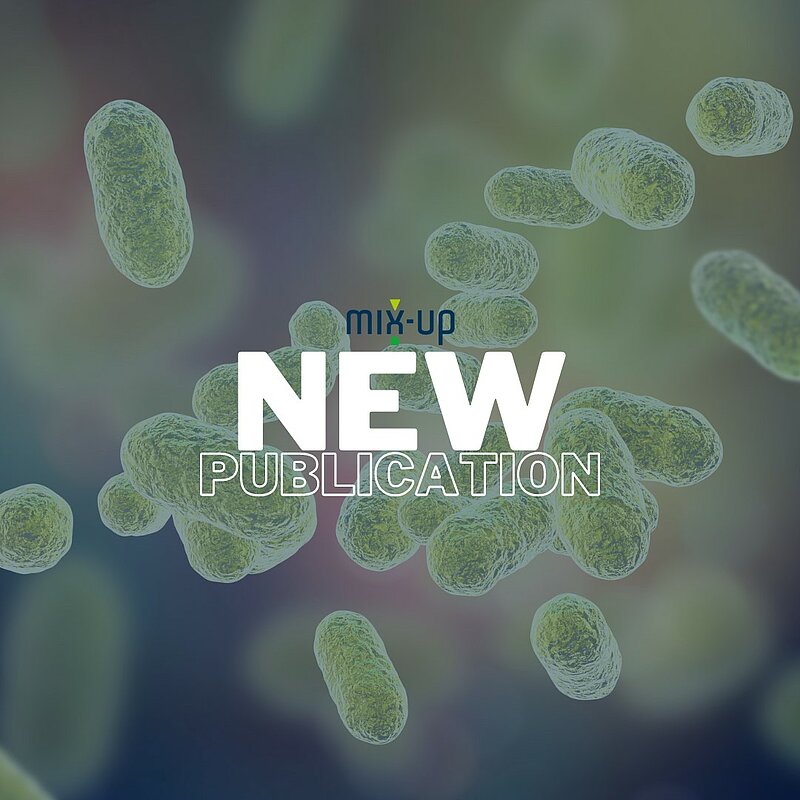Plastic degradation by biological systems emerges as a prospective avenue for addressing the pressing global concern of plastic waste accumulation. The intricate chemical compositions and diverse structural facets inherent to polyurethanes (PU) substantially increase the complexity associated with PU waste management. Despite the extensive research endeavors spanning over decades, most known enzymes exhibit a propensity for hydrolyzing waterborne PU dispersion (i.e., the commercial Impranil DLN-SD), with only a limited capacity for the degradation of bulky PU materials. Here, we report a novel cutinase (CpCut1) derived from Cladosporium sp. P7, which demonstrates remarkable efficiency in the degrading of various polyester-PU materials. After 12-h incubation at 55°C, CpCut1 was capable of degrading 40.5% and 20.6% of thermoplastic PU film and post-consumer foam, respectively, while achieving complete depolymerization of Impranil DLN-SD. Further analysis of the degradation intermediates suggested that the activity of CpCut1 primarily targeted the ester bonds within the PU soft segments. The versatile performance of CpCut1 against a spectrum of polyester-PU materials positions it as a promising candidate for the bio-recycling of waste plastics.
Click here to read the full article.


